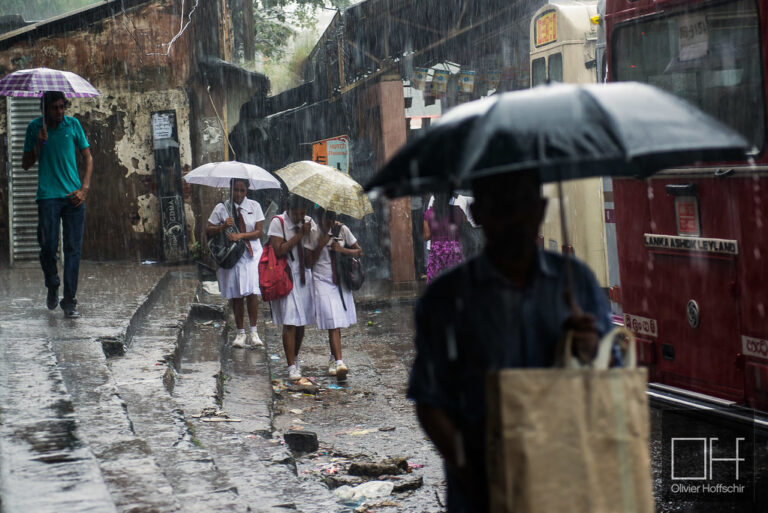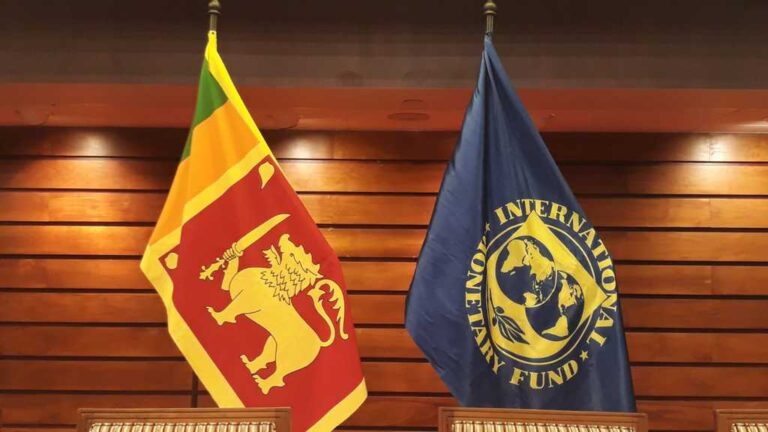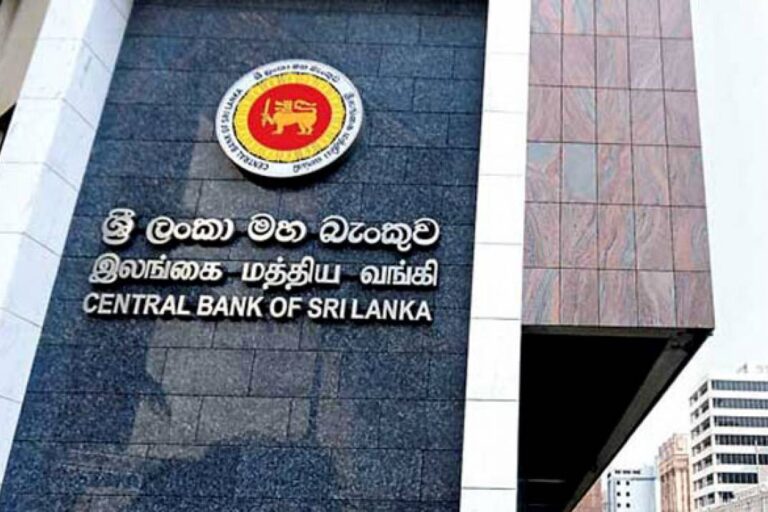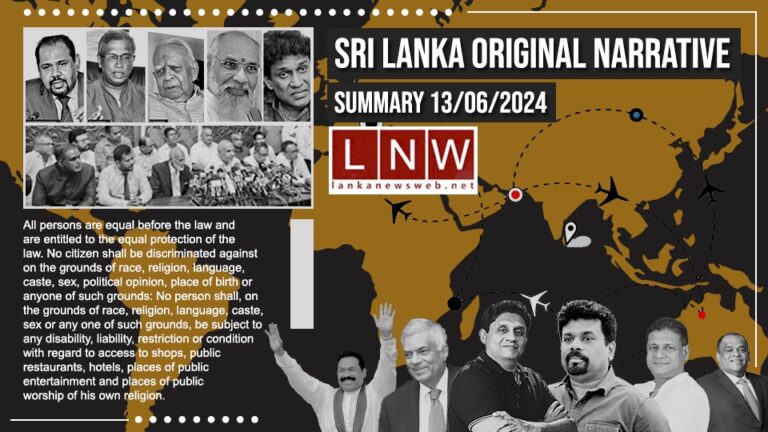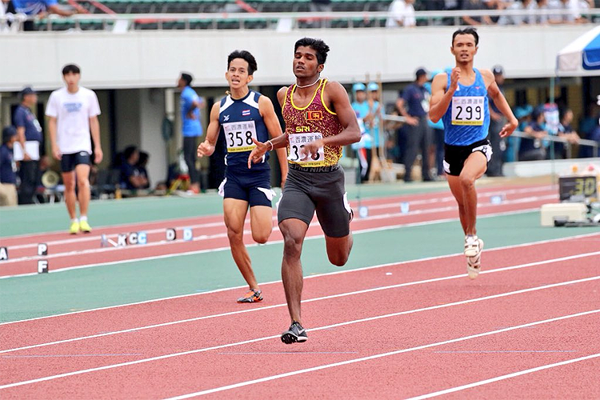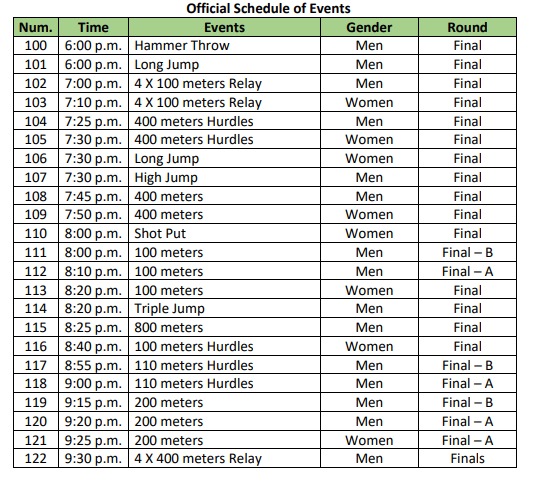June 14, Colombo (LNW) The Foreign Ministers of the BRICS nations have reiterated the vital role of the G20 as the premier forum for international economic cooperation and emphasized the need for the group to continue functioning effectively. They welcomed the inclusion of the African Union in the G20 during the New Delhi Summit last year and highlighted the importance of the G20 presidencies of India, Brazil, and South Africa in addressing global economic inequalities and imbalances.
India held the G20 presidency in 2023, followed by Brazil, with South Africa set to take over in 2025. This sequence of presidencies is seen as a solid foundation for tackling global economic challenges.
The meeting took place at the BRICS Foreign Ministers’ Meeting in Nizhny Novgorod, Russia. India was represented by Dammu Ravi, Secretary (Economic Relations) at the Ministry of External Affairs, marking his first foreign assignment under Prime Minister Narendra Modi’s third consecutive term.
In their joint statement, the ministers emphasized the importance of the G20 in fostering international economic cooperation among both developed and developing countries. They called for the G20 to continue producing concrete outcomes and making decisions by consensus. They also stressed the need for the G20 to integrate the perspectives of the Global South into its agenda.
The ministers expressed strong support for the African Union’s inclusion in the G20, highlighting the significance of the consecutive G20 presidencies of India, Brazil, and South Africa in creating opportunities to address global economic disparities. They endorsed Brazil’s G20 priorities, which include fighting hunger, poverty, and inequality; promoting sustainable development; and reforming global governance.
Additionally, the ministers discussed the interface between sustainable development and global health, advocating for inclusive, equitable, and result-oriented international health cooperation. They emphasized the importance of an open, science-based, and depoliticized global health architecture.
Food security, nutrition, and rural development were also recognized as crucial areas for cooperation. The ministers encouraged further collaboration in agriculture and food security.
Energy cooperation was another key topic, with the ministers stressing the importance of universal access to affordable and reliable energy for economic development and social stability.
This meeting was significant as it was the first since the expansion of BRICS in 2023. The association now includes 10 full members: Brazil, Russia, India, China, and South Africa, with new members Egypt, Iran, UAE, Saudi Arabia, and Ethiopia joining in 2023. Russia assumed the chairmanship of BRICS on January 1, 2024.




